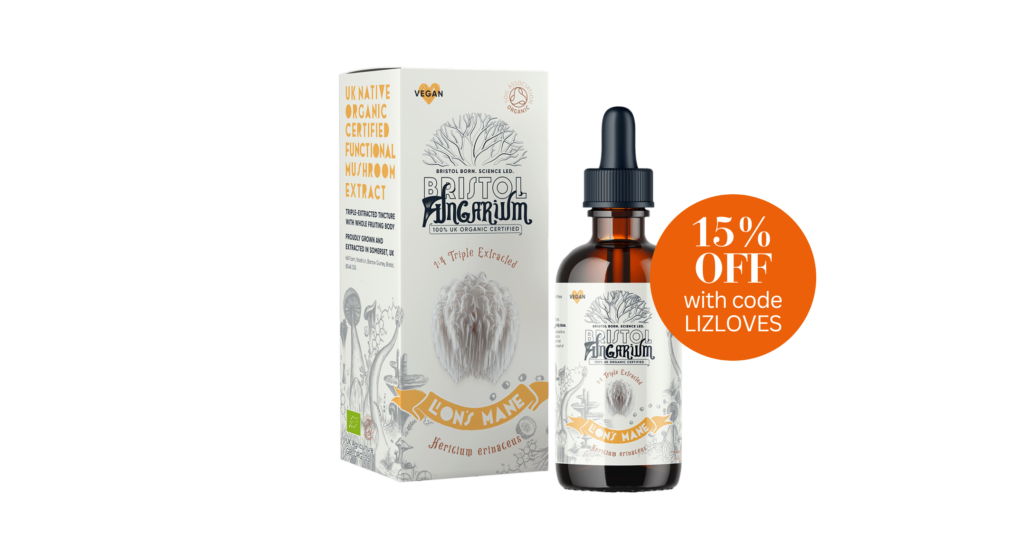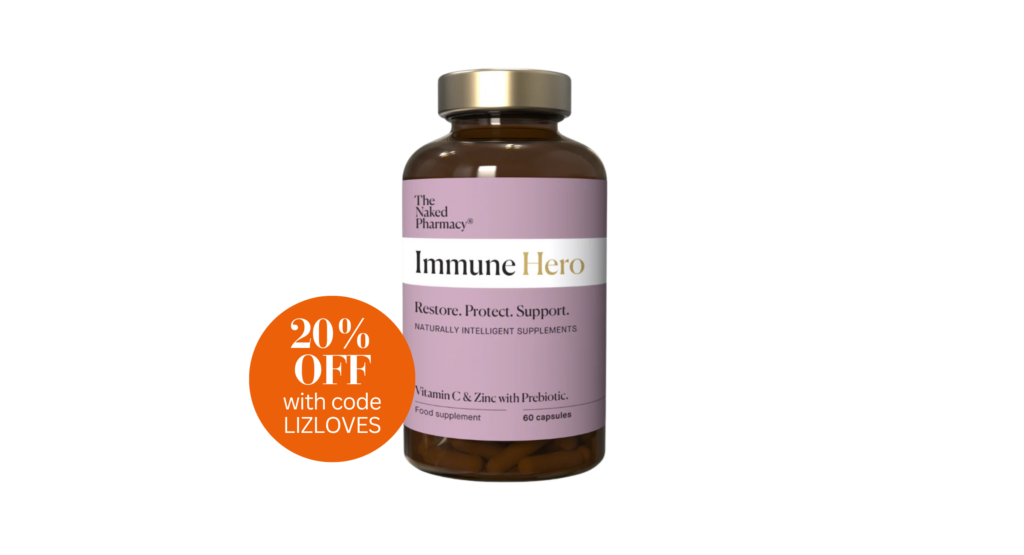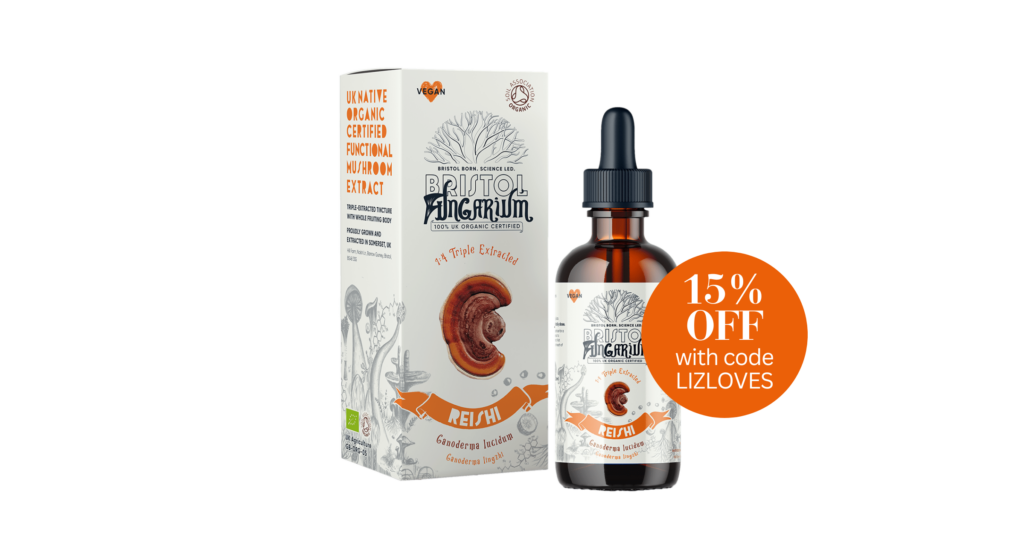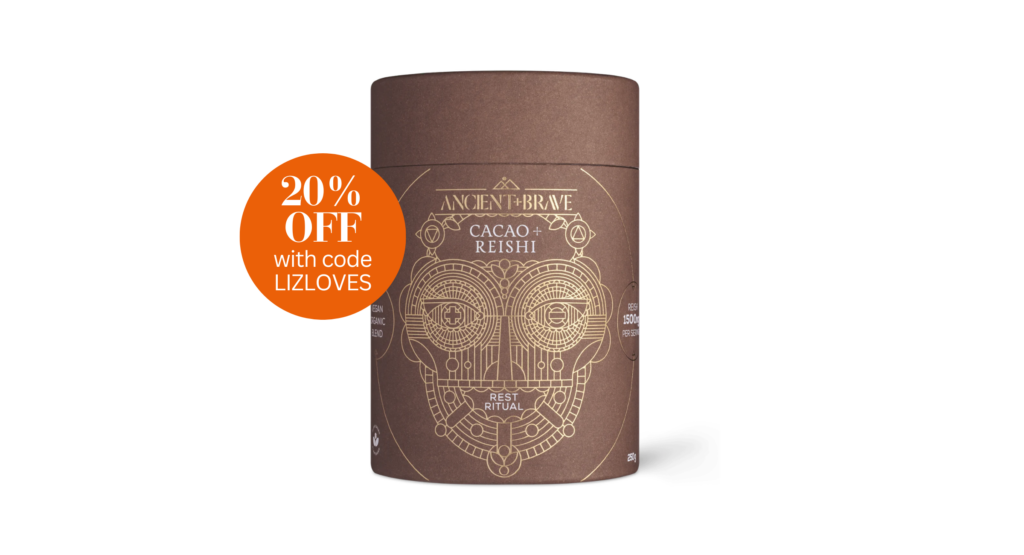Health
Can medicinal mushrooms transform our health in midlife?
You may have noticed that mushrooms are big news. We’re not talking Portobello, button or chestnut either, although they certainly have their benefits. It’s the likes of reishi, cordyceps, lion’s mane, and maitake (to name but a few) – also known as ‘medicinal mushrooms’ – that are capturing the attention of scientists, researchers and those who prefer a natural approach to maintaining their health.
“There’s a long tradition of using fungi in many cultures, from China and Japan to Eastern Europe,” says Tom Baxter, founder, Bristol Fungarium. “Compounds in mushrooms are similar to some of those in the human body, so they can be beneficial to us.”
6 benefits of medicinal mushrooms for midlife health
Research has explored the helpful role fungi might play in the treatment of various illnesses from cancer and diabetes to hypertension and chronic fatigue. Mushrooms have also been shown to ease uncomfortable menopausal symptoms, such as brain fog, hot flushes and weight gain. Herbalists often look to reishi, shiitake, maitake and cordyceps to support the body during menopause.
”There are many ways to utilise medicinal mushroom supplements,” says Sophie Barratt, Hifas de Terra medical herbalist, naturopath and educator, Sharing Plant Wisdom. “They are useful prebiotics with antibacterial, antiviral and antimicrobial properties to improve the gut microbiome; support auto-immune conditions and some can be hormone modulating.”
Sleep and night sweats
“In my practice, reishi is my ‘go-to’ for anxiety, sleep disorders and night sweats,” says Sophie. “By reducing cortisol, reishi indirectly supports the balance of other hormones, including oestrogen and progesterone. I often include reishi for its hormone-balancing effects.”
“Reishi can help with hot flushes, as there is a correlation between oestrogen loss and the body’s ability to regulate insulin, which affects body temperature,” says Tom. “We’ve also seen studies on reishi and sleep, which showed those taking reishi got into REM sleep 40% faster than those not taking it. The quicker you get into deep sleep, the longer you stay asleep for.”
Energy, stamina and sex
Lack of energy and loss of libido can be unwelcome arrivals during midlife but, as Sophie explains, certain mushrooms can be therapeutic.
“Cordyceps is renowned for its ability to boost energy and stamina and can be helpful for those with low energy or burnout,” she says. “It also has a potential impact on balancing hormone levels, such as oestrogen and testosterone production, which can support libido during midlife.”
“Cordyceps increases ATP function, which allows you to burn more oxygen at a cellular level,” adds Tom. “This can be energy enhancing – and protective for the brain.”
Memory, brain fog and focus
Brain fog and memory lapses can make an alarming appearance during menopause.
“We’ve received calls from senior business women who suddenly feel unable to think in meetings,” says Tom. “This is often due to the loss of testosterone in menopause, which plays a part in memory and mind function. Shiitake can be useful here. Cordyceps can also help with mental sharpness.”
“Lion’s mane is celebrated for its neuro-protective properties, and can be beneficial for brain fog, gut issues and mood,” says Sophie. “It stimulates the production of nerve growth factor (NGF), which is crucial for the maintenance, growth, and survival of neurons. Lion’s mane has been shown to improve memory, focus, and overall cognitive function, making it an excellent ally for brain health during midlife.”
Weight gain and mood swings
The endocrine system is made up of glands, which produce hormones that work together. These hormones can be thrown off balance during menopause.
“Maitake helps improve thyroid function and can support a healthy BMI,” says Tom. “We’ve also had diabetics tell us they need to inject less insulin since taking maitake.”
“Maitake mushrooms help regulate blood sugar levels,” says Sophie. “Stable blood sugar is crucial for managing menopausal symptoms like weight gain and mood swings. Additionally, maitake is known for its ability to support the immune system.”
Mushrooms and serious illness
There have been high-profile cases in the media of mushrooms playing a supportive role alongside conventional treatment.
This includes Patty Stamets, the mother of medical researcher, Paul Stamets. Patty was diagnosed with stage 4 metastatic breast cancer in 2009 – with doctors giving her just a few months to live. She was recommended by her oncologist onto a clinical trial of turkey tail mushrooms at Bastyr Integrative Oncology Research Centre. This study saw Patty take turkey tail supplements alongside conventional cancer medication to help support her immune system. After a year of this treatment, Patty had no detectable tumours.
“The second and third top adjunct treatment for cancers in Japan are mushroom-derived,” says Tom. “These treatments are given alongside chemo or radiotherapy. Turkey tail mushrooms can increase white blood cells (neutrophils), which get obliterated in chemo. The science is there.”
Immunity and longevity
Many people turn to mycotherapy to improve their health and vitality. However, there are those who are experimenting with mushroom compounds for longevity.
“Oyster mushrooms contain ergothioneine, which is popular in the bio-hacking community,” explains Tom. “Some people take oyster mushroom tinctures for longevity, as it can improve the mitochondria in cells, and support the reduction of oxidative stress and inflammation.”
“Chaga has been used for its medicinal properties by Siberian and Russian populations for centuries,” says Sophie. “It’s consumed as a tea to boost immunity and fight infections.”
“Chaga contains high levels of trace minerals, such as copper, magnesium and zinc, which are depleted in the soil and our food,” says Tom. “Chaga is also high oxalates, which makes the kidneys work hard, so be careful with dosage.”
What are the best ways to take mushroom supplements?
There are numerous ways to take mushroom supplements, from powders and capsules to tinctures and teas. If in doubt, consult a medical herbalist, acupuncturist, mycotherapist or naturopath to guide you. Always check with your GP if you’re taking any medication, as there are known contra-indications with some mushroom supplements. Many mushrooms, such as maitake, shiitake, lion’s mane and oyster can be cooked and eaten, so consider including them in your diet, too.
“Taking mushroom supplements in finely milled powders and adding them to smoothies is a good starting point,” says Sophie. “However, if someone has health challenges, or a stressful life, they may need a more concentrated form, like a tincture or extract in a capsule. A minimum of two months is generally recommended for optimal effects. Mushroom powders shouldn’t dissolve quickly in water, so avoid any instant drinks.”
The best mushroom supplements for midlife
HIFAS-Equilibrium | £48.40
Feeling stressed and exhausted? This Liz-approved supplement is the one for you. It features a trio of high quality, midlife-friendly mushrooms – reishi, lion’s mane and cordyceps.
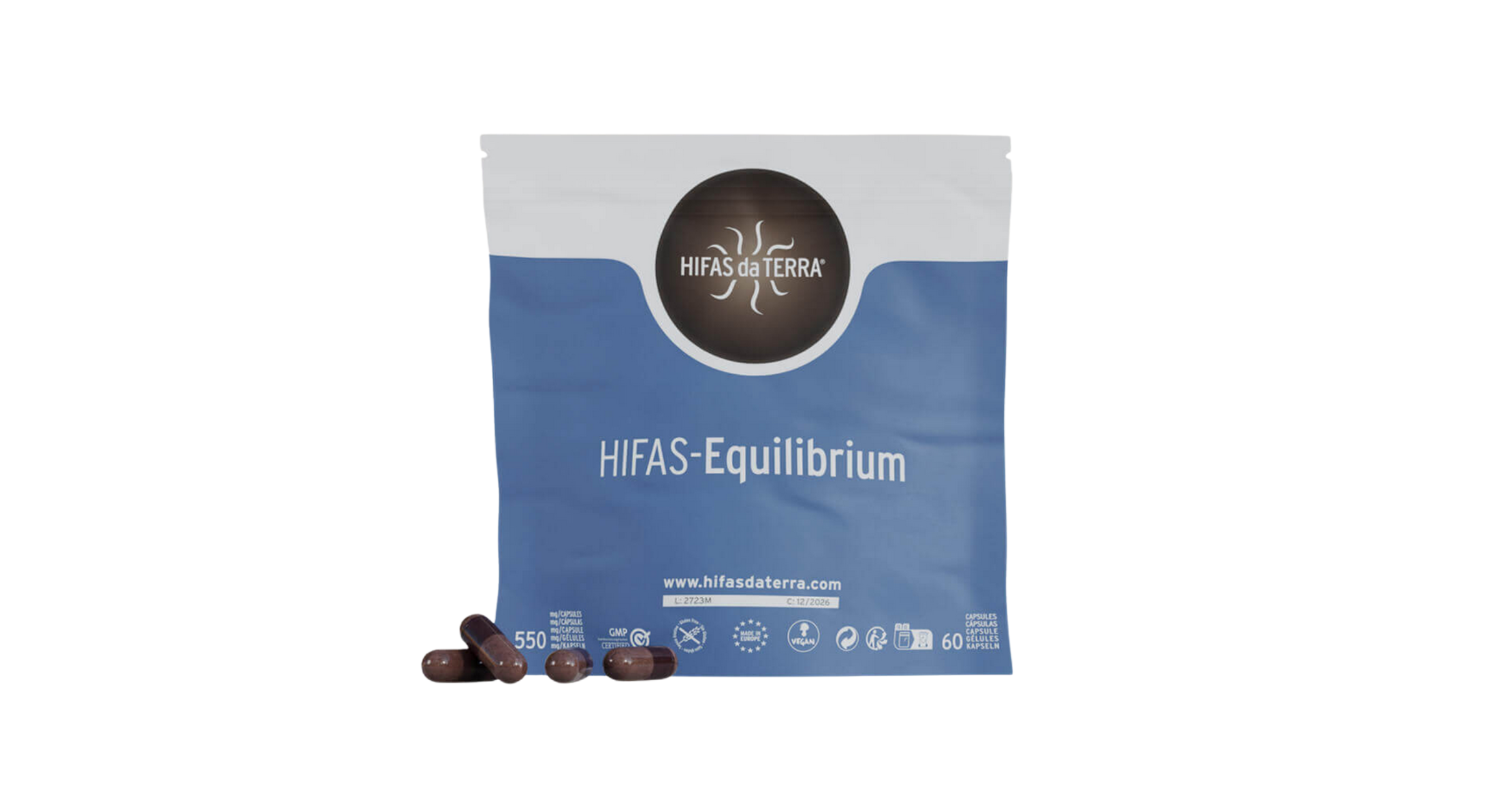
Bristol Fungarium Lion’s Mane | £35
Give your brain a boost with this 100% organic, UK-grown lion’s mane tincture. Perfect for adding to your morning coffee. Use code LIZLOVES for 15% off.
The Naked Pharmacy Immune Hero | £25
Keep colds at bay with immune-boosting shitake and oyster mushrooms. This pharmacist-designed formula is also packed with other cold weather heroes such as zinc, vitamin C, vitamin D and Holy Basil. Use code LIZLOVES for 20% off.
HIFAS da TERRA Optimum | £65
Prefer your mushrooms in an easy-to-take multi? This premium, all-in-one blend stars lion’s mane, cordyceps and reishi, alongside skin-supporting collagen, gut-friendly pre- and probiotics, immune-supporting elderflower, mood-boosting saffron and more. A true midlife hero!
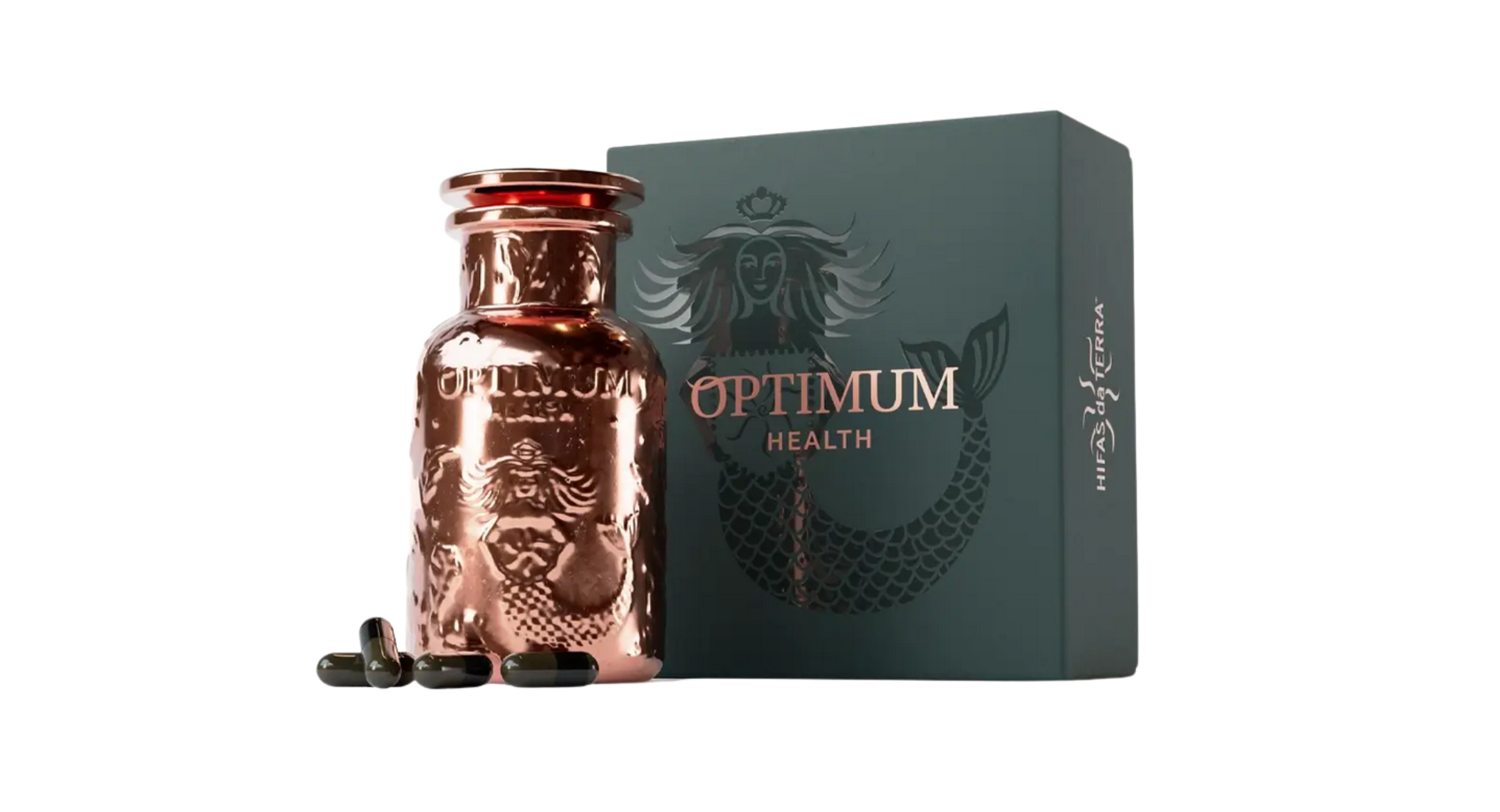
Bristol Fungarium Reishi | £35
Reishi is one of the most revered functional mushroom – and for good reason! It can support immune health, nervous system balance and heart health. Liz relies on this blend in winter months to keep away coughs and colds. Use code LIZLOVES for 15% off.
Ancient + Brave Cacao + Reishi | £28
Who doesn’t love a healthy hot chocolate? This reishi-laced blend also features ashwagandha and antioxidant-rich cacao. The perfect nighttime ritual. Use code LIZLOVES for 20% off.
Words: Jacky Parker

